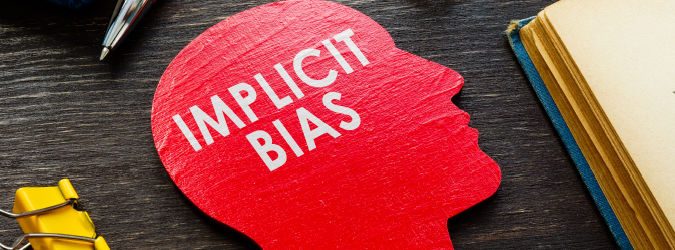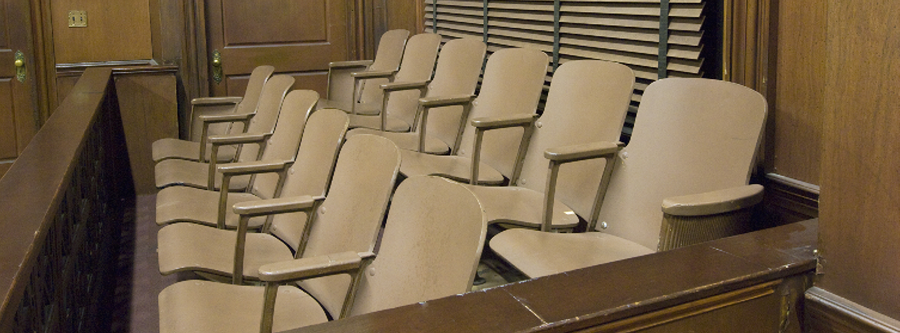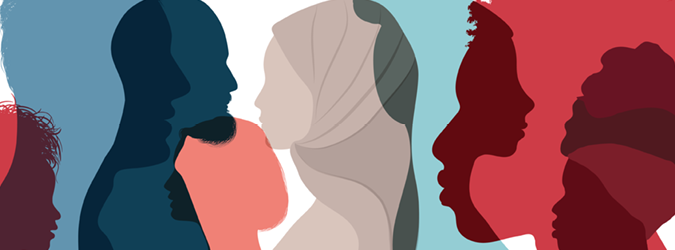Implicit Bias: Why People Believe Information That Is Wrong
10.18.2024

How do unconscious, pre-existing beliefs shape and limit our decisions? How can lawyers break out of such mindsets to better serve their clients?
In a recent Continuing Legal Education course hosted by the New York State Bar Association, presenter Claude Ducloux tackled these questions and more in a discussion of implicit bias. Ducloux is an attorney in private practice and director of Education, Ethics and Compliance at Affinity – LawPay.
Ducloux explained that implicit bias is made up of the unconscious factors that shape decision-making – including one’s attitudes, past experiences, influences from friends and family, and desire to be comfortable and unchallenged.
Lawyers and Confirmation Bias
One way that implicit bias plays out is confirmation bias, which is the tendency to search for information or remember events in a way that supports one’s preexisting beliefs.
“We interpret events incorrectly,” said Ducloux. “We lack empathy, which is really important… We resist change that conflicts with our worldview. Our inaccurate beliefs persist or are passed on.”
Attorneys can fall victim to this as well. In an initial case assessment, one may adopt a theory or strategy way too early or decide that a case is the same as another case, and dismiss information that contradicts that as a result. To counter confirmation bias, Ducloux suggests gathering information first, taking a few days before deciding on a strategy, and talking over the case with friends – including non-lawyer friends – to get a different perspective.
“When new material arises, be objective about it,” said Ducloux. “Remember that juries don’t always see the case the way we see it. Lawyers are wired to think differently, and we think about things, so that’s why you have to talk to non-lawyers about the case.”
Combatting Implicit Bias
It is difficult to change a person’s mind once certain beliefs are established. A person may hold on to false information as a way to avoid guilt or stress.
Plain facts and logic that contradict a person’s beliefs are usually dismissed. So, establishing a connection to build trust first is important. The key is to listen to people, consider their perspectives and find areas of agreement.
“You have to help the other person discover the reason to change his mind,” said Ducloux. “In other words, you need to make them discover the truth. To effectively persuade someone to change their mind, lead them to discover a counterpoint. I call it the truth of their own accord.”
It’s also important to counter falsehoods with positivity and optimism, as fear, rage, and stress are big drivers of misinformation.
Ducloux concluded by saying that lawyers can lead the way in combatting implicit bias and false information by protecting the rule of law, standing up for the truth, and challenging false beliefs.
“Remember, you can’t change convictions with disagreement, facts, figures, and laws,” Ducloux said. “Take the high road, stay informed yourself. Get your story right. Don’t give credence to fringe groups. Don’t use gossip or hearsay, and reframe issues to be compatible with the important beliefs of your audience. Show that you are a reliable person that people can put their trust into. And again be aware of your own decision making to cut to the chase too quickly. The more serious the decision, the more people should be looking at it.”
The program was sponsored by the Committee on Diversity, Equity, and Inclusion. Watch the full session here.





